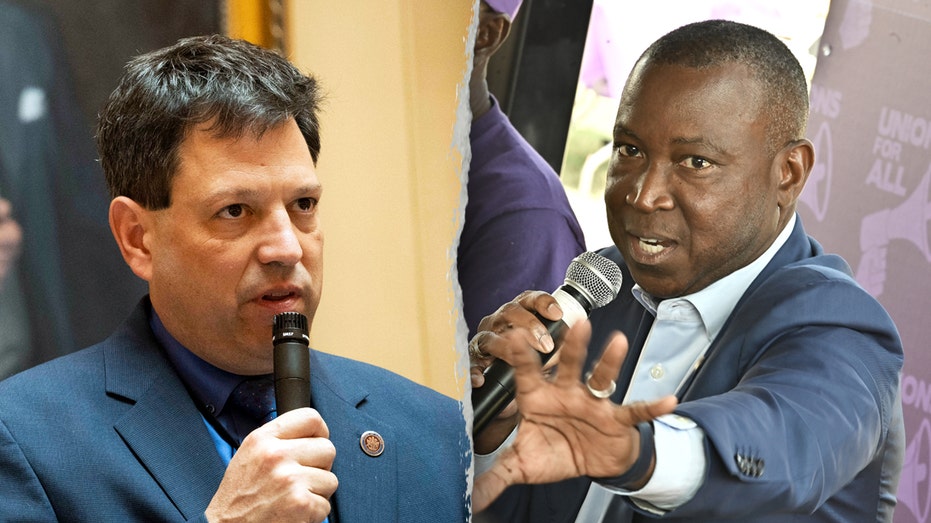The pressure is mounting on Rachel Reeves, the Chancellor, with the Budget looming just weeks away. A familiar pattern is emerging – a prominent female politician facing scrutiny over alleged breaches of conduct, echoing past cases like those of Louise Haigh and Angela Rayner.
But Reeves’ position is uniquely precarious. Her fate isn’t simply her own; it’s inextricably linked to that of Prime Minister Keir Starmer. They represent a carefully constructed political partnership, and this scandal strikes at the heart of their shared ambitions.
The revelation that Reeves failed to secure a legally required license for renting out her family home in South London ignited the crisis. The story, broken late last night, immediately threw the government into damage control, with questions relentlessly directed at government spokespeople.

Initial responses centered on correspondence between the Prime Minister and the Chancellor. Sir Keir requested a review by the government’s independent ethics advisor, who swiftly concluded that Reeves’ apology and claim of an “inadvertent error” were sufficient to allow her to remain in her post.
However, critical questions remain unanswered. Did Reeves violate the ministerial code? How was a conclusion reached so rapidly? And, crucially, would she resign if found to have broken the law? The uncertainty fuels the political firestorm.
The opposition senses an opportunity, recognizing the vulnerability just weeks before the crucial Budget presentation – a culmination of months of Reeves’ dedicated work. A Conservative source bluntly stated they believe she broke the law, suggesting leniency would stem solely from her powerful position.

While immediate removal seems unlikely, the source predicted a turbulent week ahead, hinting at further efforts to amplify the story. Specifically, they pointed to the possibility of tenants in Southwark seeking reimbursement of up to a year’s rent, given the unlicensed property status.
Southwark Council confirmed their standard procedure: a warning letter followed by potential fines for non-compliance. They declined to comment on the specific case, but the potential for financial repercussions looms large.
Housing Secretary Steve Reed staunchly defended Reeves, dismissing the “rogue landlord” label. He emphasized the Prime Minister’s assessment of an “honest mistake,” Reeves’ proactive payment of the license fee, and the continued occupancy of her tenants.

Downing Street officials expressed growing confidence that no further damaging information would surface, signaling a desire to move past the controversy and focus on the upcoming Budget. They highlighted the independent ethics advisor’s exoneration – the same advisor who previously implicated Angela Rayner – as a key defense.
The timing of this story is particularly devastating for the Prime Minister. He will be desperately hoping this situation doesn’t mirror past political downfalls, and that history doesn’t repeat itself with another high-profile resignation.




![ROYAL SHOCKER: King Charles KICKS OUT Prince Andrew! Mansion SEIZED! [VIDEO]](https://www.thegatewaypundit.com/wp-content/uploads/2024/11/prince-andrew-king-charles-1200x630.jpg)

